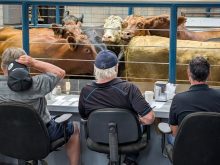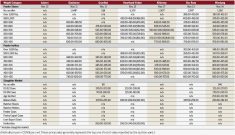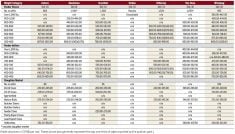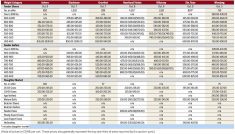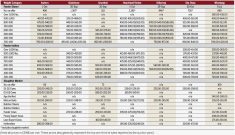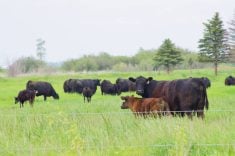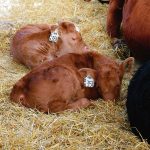Results are in from a case study at the Manitoba Beef and Forage Institute on growth implants in suckling calves.
The study, jointly conducted by the institute and Manitoba Beef Producers, confirms what years of research already suggest: hormone implants are an effective and economical strategy to promote growth and feed efficiency in suckling calves.
“The research part is pretty well proven,” said MBFI general manager Mary-Jane Orr. “There is 30 years of academic research supporting the safe use of growth promotants or hormones in suckling calves.”
Read Also
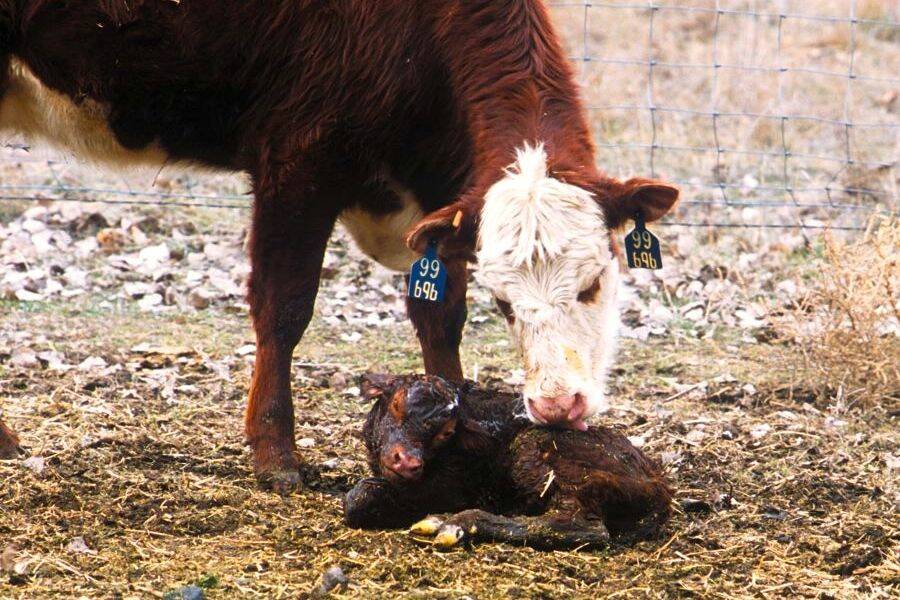
Scours doesn’t hibernate: Infectious risks for cold weather calves
Identifying specific pathogens and management flaws is essential for effective calf scours treatment and prevention on your farm.
The results support what scientists and researchers have been saying for decades.
The case study aimed to take all that research and apply it in a farm setting to provide tangible, close-to-home proof of the effectiveness of implants.
While growth implants are widely used in feeder cattle, Orr says there appears to be reluctance among farmers to adopt the practice for nursing calves.
“Our audience will be those people that may not realize that it is an opportunity,” she said. Farmers can expect an approximate 20-pound weight gain advantage per calf using the implants, she added.
The study consisted of 120 calves divided into two groups. One group was at MBFI’s Brookdale farm and the other was at its Johnson farm, so they could be raised under two different grazing management systems.
Half of the animals were implanted and half were not.
The demonstration used Ralgro implants from Merck Animal Health, which have been used in Canada for 40 years and are available through local veterinary clinics. The implanter gun costs $14 and the implants cost $1.73 per dose.
“Sometimes people may be averse to using growth promotants,” said Orr. “It’s a very personal choice that every producer will make based on both their own personal opinions and also on how they’re marketing their animals.”
Those who plan to export beef to the EU cannot use hormone implants and farmers who want to direct-market their own beef as hormone-free would obviously not use the technology.
But Orr said those without those limits are missing a great opportunity if they don’t use it.
“Twenty pounds may not seem like a big deal. But when you add that up over your entire calf crop, it can end up being thousands of dollars of benefit.”






